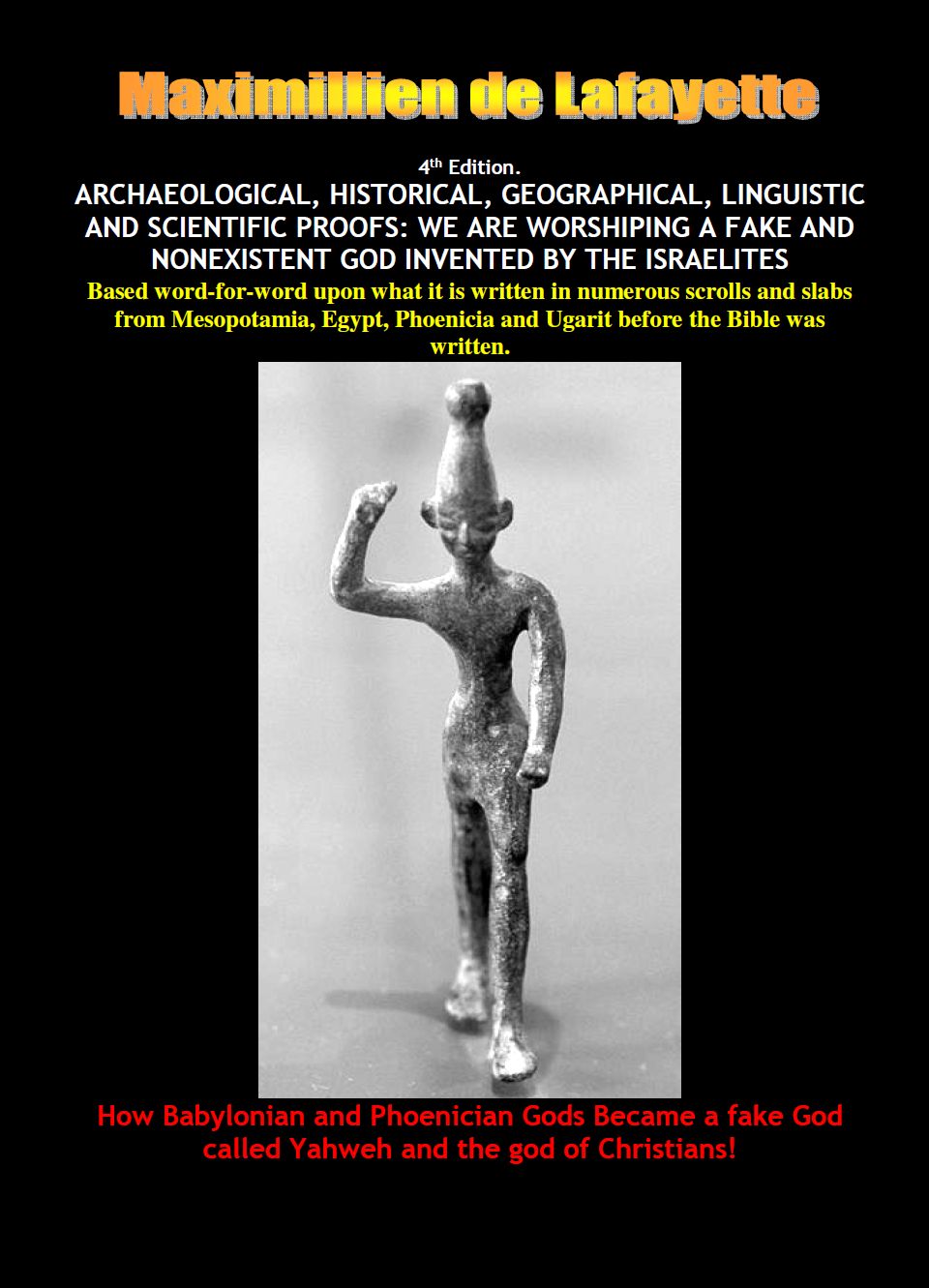

Most ebook files are in PDF format, so you can easily read them using various software such as Foxit Reader or directly on the Google Chrome browser.
Some ebook files are released by publishers in other formats such as .awz, .mobi, .epub, .fb2, etc. You may need to install specific software to read these formats on mobile/PC, such as Calibre.
Please read the tutorial at this link: https://ebookbell.com/faq
We offer FREE conversion to the popular formats you request; however, this may take some time. Therefore, right after payment, please email us, and we will try to provide the service as quickly as possible.
For some exceptional file formats or broken links (if any), please refrain from opening any disputes. Instead, email us first, and we will try to assist within a maximum of 6 hours.
EbookBell Team

4.3
38 reviewsBiblical stories taken from much older religions.
97% of the Bible is pure fabrication, and almost 95% of the major Biblical stories are copied from Phoenician, Ugaritic, Syrian-Canaanite, Mesopotamian and Egyptian myths, poems, texts and stories, written centuries before the Bible was crafted.
Although the Bible is a majestic and a superb piece of literature nourished with wisdom, and conveying remarkable ethical and moral messages and lessons, the Bible is by no means, the word of God, or an original Hebraic work. And beyond the shadow of a doubt, Yahweh (Jehovah) is a recast, and an amalgam of pagans’ gods ; the gods of Mesopotamia, Phoenicia and Ugarit.
Numerous historians, archaeologists, linguists, scholars and anthropology’s forensic scientists agree that the Bible’s most formidable and colorful stories such as the Tower of Babel, Genesis, Adam and Eve, Garden of Eden, and the Great Flood (To name a few) were taken from Mesopotamian, Ugaritic, Phoenician, Canaanite, Egyptian, Assyrian, Akkadian, and Chaldean myths, and epics recorded on ancient clay tablets and slabs, centuries before the Bible was written, and the name and the presence of God , or more exactly one God, were known to the Israelites/Early Hebrews.
In fact, the name of God “Yahweh”, his attributes and extraordinary (Supernatural) powers and deeds were borrowed from pagans’ gods; gods the Israelites worshiped before they “created” their own god “Yahweh”, who centuries later, became the God of the Christians and the Muslims.
So is it fair and logical to assume that we are worshiping a “Pagans’ God” or more precisely an amalgam of mythical gods? You bet!